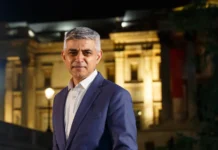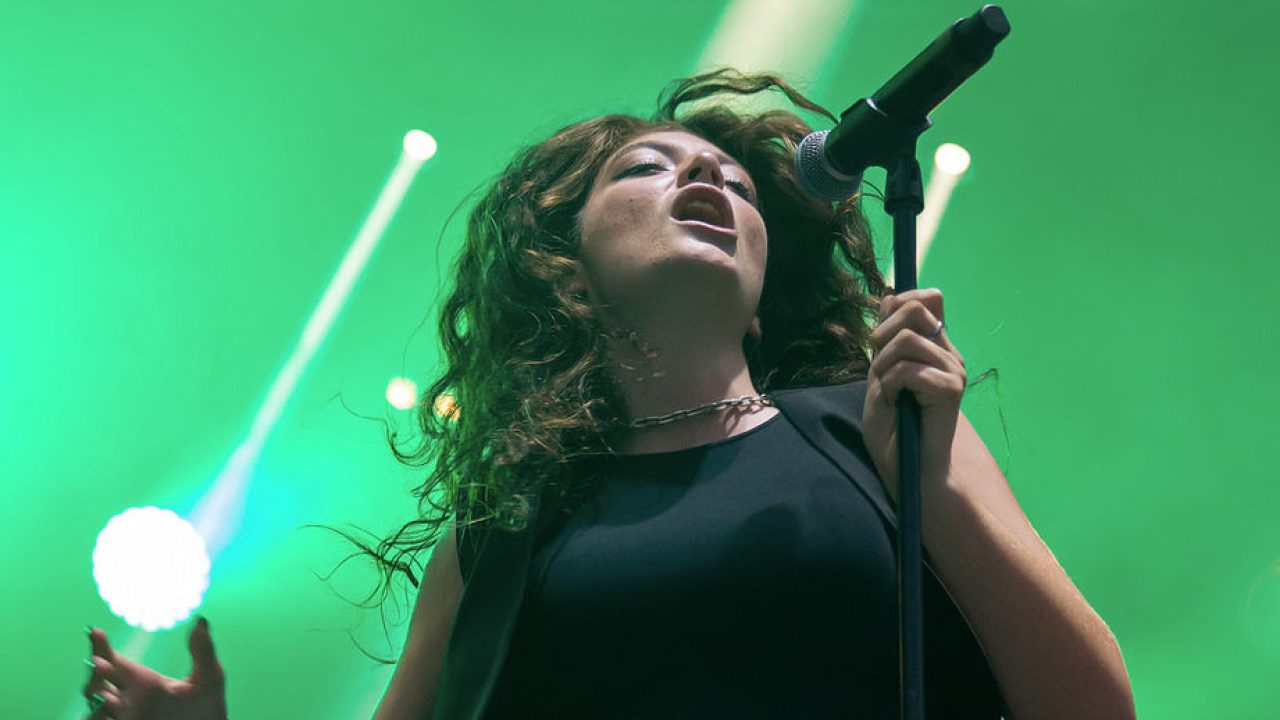he 60th Grammy Awards ceremony will be held on Sunday, Jan. 28 with late-night talk show host James Corden hosting and CBS broadcasting.
With this year marking the 100th anniversary of Leonard Bernstein‘s birth, 2017 Tony winner Ben Platt, 24 (“Dear Evan Hansen”) will join two-time Grammy winner Patti LuPone on stage to honor Bernstein by singing a number from “West Side Story.”
The vast majority of Grammy awards are not given on TV. Here are the verified Jewish nominees in the awards I believe will be presented on TV.
Jack Antonoff, 33, a rock star in his own right, co-wrote and co-produced “Melodrama,” an album by singer Lorde that is nominated for album of the year.
Benjamin Levin, 29, known professionally as Benny Blanco, produced “Issues,” a nominee for song of the year. A top producer-songwriter, Levin already has won three Grammys.
Pink, 38, who was born aka Alecia Beth Moore, is nominated for best solo pop performance (“What About Us”). Pink’s mother is Jewish, and for the first time I know of, she referred to herself this past year as “a Jewish woman” (following the Charlottesville violence).
Michael Shuman, 32, is the bass player and sometime keyboardist and drummer for the band Queens of the Stone Age. The band is nominated for best rock album (“Villains”). Known as “Mickey Shoes,” Shuman grew up in the Los Angeles area, where he went to Hebrew school. He had a small part as a bar mitzvah boy in “The Wedding Singer,” a hit Adam Sandler film in 1998.
The band the National is nominated for best alternative music album (“Sleep Well Beast”). The five-member group includes twin brothers Bryce and Aaron Dessner, 41.
Bob Dylan, 76, is nominated for best traditional pop vocal album (“Triplicate”) and the late Leonard Cohen is nominated for best rock performance (“You Want it Darker”). Cohen is also nominated for best American roots performance (“Steer Your Way”). It’s fitting that Cohen and Dylan are paired together, one last time, at the Grammys. They were contemporaries who had the air of biblical prophets and, of course, they often were called poets who were also songwriters. Reports say they met up every few years and that they truly admired each other’s work and weren’t hesitant to tell each other that.
Greg Kurstin, 48, is nominated in the same category in which won in 2017: producer of the year, non-classical. Last year, he won mostly for his work producing English singer-songwriter Adele. This year, it is mostly for his work producing Beck, the Foo Fighters and Sia. He is also nominated for producing the best song for a visual media: “Never Give Up” from the “Lion” movie soundtrack (sung by Sia).
Here are some interesting nominees in categories whose awards probably won’t be presented on TV.
Jerry Seinfeld, 63, (“Jerry Before Seinfeld”) and Sarah Silverman, 47 (“A Speck of Dust”) are both nominated for best comedy album.
All three albums nominated for best musical theater album have Jewish nominees: “Come from Away,” composed by David Hein and his wife, Irene Sankoff, both 35ish; “Dear Evan Hansen,” composed by Benj Pasek, 32, and Justin Paul, and featuring the voices of Ben Platt, 24, and Rachel Bay Jones, 48; and “Hello Dolly,” composed by Jerry Herman, 86, and featuring the voice of Bette Midler, 72.
All the songs nominated for best song written for a visual media include Jewish nominees: “City of Stars” from the movie “La La Land” was composed by Justin Hurwitz, 32, Pasek and Paul; “I Don’t Want to Live Forever,” from the movie “Fifty Shades Darker,” was co-produced by Antonoff; “Stand up for Something” from the movie “Marshall” was written by Diane Warren, 61; and, as noted above, “Never Give Up,” produced by Kurstin.
Jorge Drexler, 53, is nominated for best Latin rock, urban or alternative album (“Salvavidas de Hielo”). Drexler became the first Uruguayan to win an Oscar when he won the best song Oscar in 2004.
Anat Cohen, 38, is a clarinetist, saxophone player and bandleader who is nominated for best Latin jazz album (“The Music of Moacir Santos”) and for best world music album (“Rosa Dos Ventos”). Born and raised in Tel Aviv, she resides in New York.
Noam Pikelny, 36, is nominated for best bluegrass album (“Universal Favorite”). One of the best living banjo players, he’s frequently asked how he, a Jewish guy from Skokie, Illinois, who went to the modern Orthodox high school, got into bluegrass. He rightly points out that Jews, for whatever reason, have had an affinity for bluegrass and there are/were many prominent Jews in the genre — including Eric Weissberg, 78, who wrote “Dueling Banjos.”
Fred Hersch, 62, a pianist, is nominated for best improvised jazz solo (“Whisper Not”) Nominated for Grammys six times before, he was diagnosed HIV positive in the 1980s, and had a health crisis in 2008 that put him in a two-month coma and rendered him unable to play for several years. He wrote about his life and that crisis in his 2017 memoir, “Good Things Happen Slowly.”
Finally, two very famous Jewish conductors, who were born within three months of each other in Los Angeles, will be going head-to-head in the orchestral performance category. Leonard Slatkin, 73, the conductor of the Detroit Symphony Orchestra, is nominated for conducting the orchestra’s performance of Aaron Copland‘s Symphony No. 3 and “Three Latin American Sketches.” Michael Tilson-Thomas, 73, is nominated for conducting the San Francisco Symphony’s recording of “Debussy: Images, Jeux and La plus que lente.”


























